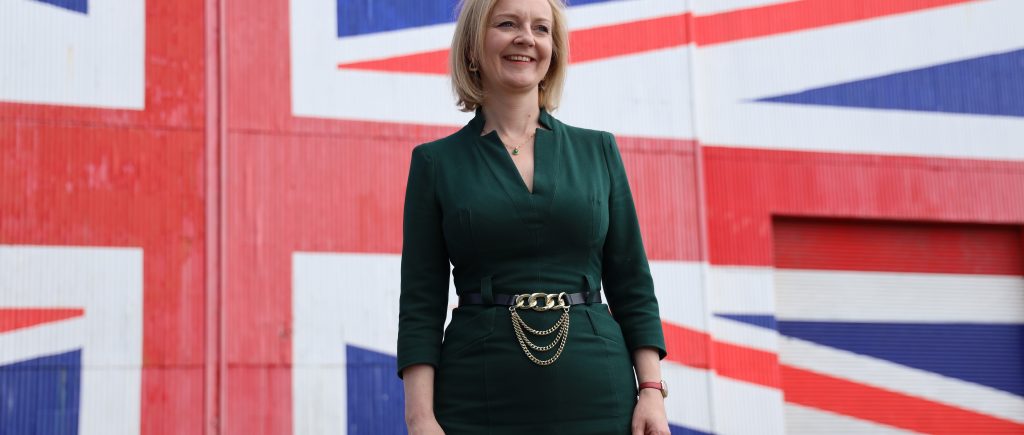British Prime Minister Liz Truss was forced on Monday to abandon plans to cut the highest income tax rate, which has sparked a rebellion within her party and turmoil in financial markets.
Terrace and its finance minister, Kwasi Quarting, announced a new “growth plan” on September 23 that would cut taxes and amend related laws through massive government borrowing to pull the economy out of its years-long stumble.
But the plan sparked a crisis over investor confidence in the government, undermining the value of the pound and the prices of government bonds and rocking global markets to the point that the Bank of England had to intervene with a 65 billion pound ($73 billion) program to prop up the markets.
Although the cost of eliminating the highest tax rate was only about two billion pounds out of the total value of the 45 billion pound tax cut plan, it was the most eye-catching element of the financial package that was to be funded by government borrowing, with Quarting not explaining how to Pay off that financing over the long term.
Just hours after Terrace appeared on BBC television in defense of the policy, Quarting said he accepted the plan was a distraction from broader efforts to help families through a difficult winter.
 Noor Trends News, Technical Analysis, Educational Tools and Recommendations
Noor Trends News, Technical Analysis, Educational Tools and Recommendations





